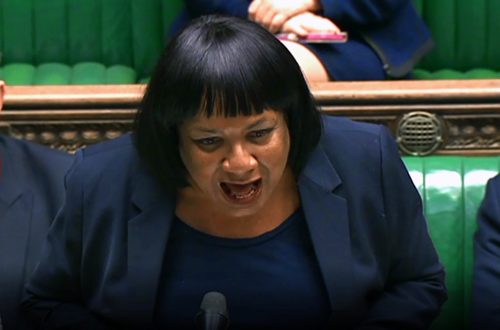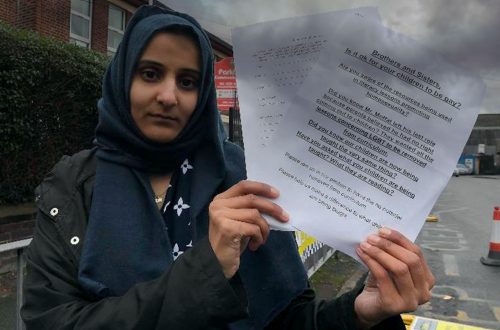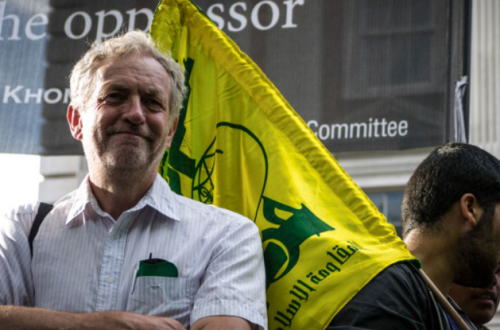There is an article in today’s Guardian by the former copper, Bob Lambert, who was responsible for handing over the Finsbury Park Mosque to Hamas supporters.
The thinking behind that policy, we were told, was that the Muslim Brotherhood was a moderate organisation, with whom the police needed to work closely. Were they given mosques, and access to the corridors of power, they might be persuaded to dob in terrorists, and generally behave themselves. If we didn’t pursue that policy, we would be in grave trouble.
Well, it all turned out brilliantly, didn’t it. As we noted yesterday, treating with British Islamists resulted in… four of Britain’s most prominent Islamists signing of a religious ruling calling for attacks on “foreign Navies” in “Muslim waters” by the “Islamic Nation”, and a similar threat against “countries, institutions or individuals… standing with the Zionist entity”.
So the Metropolitan Police gave the British Islamists a Mosque. In return, they were sufficiently emboldened to issue public threats of terrorism.
Smart plan, Bob. Got any more great ideas?
Today Lambert defends his past policy errors, by explaining that we’ve got “mainstream British Islamist organisations, like the Muslim Council of Britain, the Muslim Association of Britain, the British Muslim Initiative, Islamic Forum Europe” all wrong:
Our interviews with British Islamists have demonstrated a sense of an Islamic imperative that is strikingly similar to Tony Benn’s interpretation of Jesus’ call to active citizenship on behalf of the politically oppressed.
Did Jesus want to create a theocratic state in which religious dissenters and gays were killed and non-Christians and women formally treated as second class citizens? Actually, no. Jesus the man probably had some ideas which were dodgy, no doubt, by today’s standards but typical for those of the first century AD. Nevertheless, he had very little interest in creating a religious super-state. Not on earth, at least.
Clearly, Lambert is a man who can’t accept his mistakes:
Daud Abdullah is a mainstream British Islamist who, like so many of our interviewees, has demonstrated his loyalty to Britain regularly over a long period often in demanding circumstances, and despite extremist Muslim criticism. His participation in British politics is a bulwark against those seeking to disengage and potentially those who seek to promote violence. Daud Abdullah, typical of mainstream British Islamists, shows a sense of resolve, commitment and heart in withstanding a constant battering from formidable opponents on both flanks.
Bob, mate. He signed a declaration jihad. You fucked up.
Finally, we’re treated to this. Bob Lambert has been spending so much time with Islamists, that he has even mastered the art of the veiled threat:
No, British Islamists aren’t the only Muslim political voice in modern Britain, but they don’t deserve the attacks they are enduring, and by the rules of our political system they don’t deserve to be excluded. Let’s hope that the government stops listening to the fringes, and recognises the variety of mainstream Muslim political voices before it’s too late.
I’m unimpressed by the “before its too late” argument for engaging with people who make violent threats against the citizens and armed forces of this country.
It is also a form of political discourse that should generally be discouraged. Why should this country make concessions to marginal figures with unreasonable, offensive, and often dangerous demands?
More to the point, do you think that the Guardian would ever publish an article arguing that the Government ought to start listening to the equally demands of the British National Party – an organisation that commands considerably more support than British Islamists do – “before it is too late”.
The bottom line is this. The Government is under no obligation to “recognise” or “listen to” any pressure group, least of all ones which make threats against its citizens or armed forces. They certainly shouldn’t be forming policy in order to placate either Islamists or neo Nazis. Democrats should be very wary of arguing that they should.


